routines of philosophers and artists
balancing the ego, denial of death, types of play, pop clouds & relax
Welcome to the 23nd volume of Wellness Wisdom - A newsletter for the thoughtful. A medley of resources and thoughts on wellness start-ups, personal development, spiritual growth and philosophy.
This newsletter is free because I believe everyone deserves to have access to wellness resources.
If you want to support this publication, join me down the rabbit hole🔮🐇.
Happy Sunday loves! Currently writing to you all from Tulum, Mexico 🌴 I’ll be spending the next month working remotely here with pals. Hoping to make progress on side project explorations in virtual identities and reading social networks. So far i’ve made progress on mosquito bites and intense heart burn from tacos 🌮
In todays volume:
how ego can sabotage your goals
creative routines of philosophers and artists
the most mind-bending book i’ve read this year
pop ☁️’s while listening to lo-fi beats
At what point does pursuing creativity and relaxation actually create more stress?
In the last issue I talked about my evolving definition of success being guided towards the quality of my creative expression and autonomy by asking myself these questions:
Is a majority of what I do energizing or draining?
Do I have time to write? Can I say what I think?
Do I have time to be present with people I love and admire?
This socratic line of questioning always forces me to poke my head above the rapid currents of never-ending to-dos to catch my breath.
Here’s the thing though. If I’m not careful, it’s easy for this new set of objectives to pull me back under the current. Without checks and balances - goals to increase meditation, writing, and creativity/play can quickly become an ego trip. Another set of tasks to optimize. A wolf in sheep’s clothing.
This is my emerging gripe with productivity porn and the consumerization of the wellness industry:too much of a good thing eventually collapses upon itself.
The ego / desire to be “the best” at something, can quickly corrupt any pursuit one decides to take on, weaponizing it for its own aims:
Knowledge can be weaponized to make the ego feel intellectually superior.
Entrepreneurship can be weaponized for the ego to feel it has control in the world.
Being mindful and “self-actualized” can be weaponized as being spiritually superior than others.
more tactically: Constantly trying out new shiny productivity tools to “feel efficient” could defeat the purpose of making meaningful headway into your to-do list.
Optimizing creativity and play as another goal to conquer is also a manifestation of an ego that desires to remain in control and “be the best at x”.
So what’s one potential antidote here? Awareness.
Mr. Money Mustache talks about the idea of a Sweet Spot.
And once your eyes become attuned to it, you begin to see it everywhere:
Mindfulness & creativity: committing yourself so hard to these endeavors that you berate yourself for not accomplishing x morning pages or x meditations. As you result, you actually end up more stressed.
A “successful” career: whether your goal is impact or wealth, there comes a point in which increases to either produce diminishing returns in the form of reduced autonomy, health deterioration, etc.
Running: When a non-runner starts running, they will see immediate benefits to their health. But by the time you reach the fringe world of 100-mile runners, serious injuries and surgeries are completely normal – as well as unexpected organ failures in otherwise young, healthy people.
Fame: Building up a good reputation in your community can open the door to better friendships, jobs, relationships, etc. But as that reputation expands you may be privy to constant coverage in the news, stalkers or trolls, and extortion.
What’s the ideal amount of anything for you?
Take a second to float up and look at your entire life from above, like an outside observer.
Where you can see the areaswhere you have enough?
Places you may havealready gone overboard?
The corresponding things that you haveleft neglected as the price of that success?
Doing an audit of your most extreme experiences, can help you calibrate towards your sweet spot.
For me, this is one of the biggest benefits of growing older. In my early 20s, I oscillated continuously from one side of the spectrum to another: from working 90 hr weeks to taking a 3 month solo trip, falling deeply in love to being wildly independent to a fault, latching my self-worth onto one thing completely, then to multiple things, and then to nothing.
You must be ready to burn yourself in your own flame;how could you rise anew if you have not first become ashes?
—Friedrich Nietzsche
(Tracy Lee - The Study of the Self)
After tasting many flavors of life’s adversities and triumphs, we become more even-keeled. With awareness, we understand what equilibrium works best for us. This doesn’t mean we become boring and neglect to feel anything deeply. Quite on the contrary. Because we know that everything is impermanent, we’re better able to enjoy and be more present with the highs and lows. However, as we become more wise, we’re able to remain in equilibrium through non-attachment to these peaks and troughs.
This same aim of balance plays out tactically in the lives of many well-known philosophers and artists - dispelling the notion that to be the top 1% of anything, you can only eat, breathe, and sleep your craft.
Based on research, we find that they spend no small amount of meditative leisure every day. Yes, the contemplative life requires the virtues of discipline and hard work, for sure. But it also seems to require the indulgence of carnal pleasures and ample time spent lost in thought.
We sometimes feel as though we have to quit our jobs and move to a cabin to find balance. That doesn’t seem to be the case:
50% of the greats had day jobs (green)
61% of them exercised (see dark blue)
100% of people made ample time for food and leisure (see yellow)
Lastly, I find that perhaps the ultimate expression of balance is demonstrated through virtue as reflected in Aristotle’s Nicomachean Ethics.
The Golden Mean is a sliding scale for determining what is virtuous. A virtue is a trait of character that enables a person to flourish. Aristotle believed that being morally good meant striking a balance between two vices.
Taking responsibility for our lives means that we are not only in the drivers seat in finding the “sweet spot” in many aspect of our lives (money, career, fame, health, etc.), but also in our character.
You become very dangerous when you learn how to observe and calibrate your feelings and reactions.
A man who is master of himself can end a sorrow as easily as he can invent a pleasure.
- Oscar Wilde
In summary, our never satiated ego has the potential to turn too much of a good thing against the intended goal. I’m learning that mitigating it requires an adept awareness towards:
balancing ones lifestyle through finding philosophical “sweet spots”
balancing ones routine tactically with lots of purposeless leisure (as the greats have done)
balancing ones character in striving for virtue
If you have tips on taming the ego or finding balance, I’d love to hear it :)
To our balance and ever evolving calibrations ⚖️,
Patty
I’m currently reading what is perhaps one of the most pivotal books of my life: The Denial of Death by Earnest Becker. I have to take a break from it every chapter because it literally is a mind f 🤯. Here’s a great summary of it.
Alex Danco shared an interesting take on the dismal progression of the COVID cultural climate in America by drawing parallels to Sigmund Freud’s insights on the Id, Ego, and the SuperEgo.
A very thorough and delightful take on how to prioritize your side project ideas in accordance to your values by a designer at Google.
I’m taking a course on Chinese Philosophy right now and found this article on why the Chinese aren’t as worried about AI safety as their American counterparts fascinating:
Confucianism, Daoism and Buddhism all subscribe to the notion of non-anthropocentrism.
Within this construct, human beings are inherently part of and bound up with nature. Human beings can only flourish and be sustained if they follow the laws of nature and achieve a unity of nature and man.
The best chance for developing human-friendly AI and other forms of frontier technologies is for humans themselves to become more compassionate and committed to building an inclusive and harmonious global ecosystem.
Loved this overview on how to fill your grown-up life with more play from the New York Times:
As we get older, our egos grow. We become more self-conscious. Play offers a reprieve from the chaos, and it challenges us to connect with a key part of ourselves that gets lost in the responsibilities of adulthood, especially during a crisis.
A study published in the journal Personality and Individual Differences identified four categories of playful personality traits:
Other-directed play is when you enjoy playing with other people.
Lighthearted play generally means you don’t take life too seriously, and you like to improvise.
Intellectual play has to do with ideas and thoughts, like wordplay and problem-solving.
whimsical players like doing odd or unusual things in everyday life
Recess x Poolside.FM - love this little corner of the internet where relaxing lofi-beats loop while you pop clouds.
Thank you for being part of The Wellness Wisdom newsletter today.
I’m Patricia and have a full-time job but curate this newsletter in my free time as a labor of love.
This newsletter is free because I believe everyone deserves to have access to wellness resources.
If you want to support this publication, join me down the rabbit hole🔮🐇.
I also curate bi-weekly at AmorFati - a newsletter where I share whats been inspiring me in art, photography, architecture, and literature.




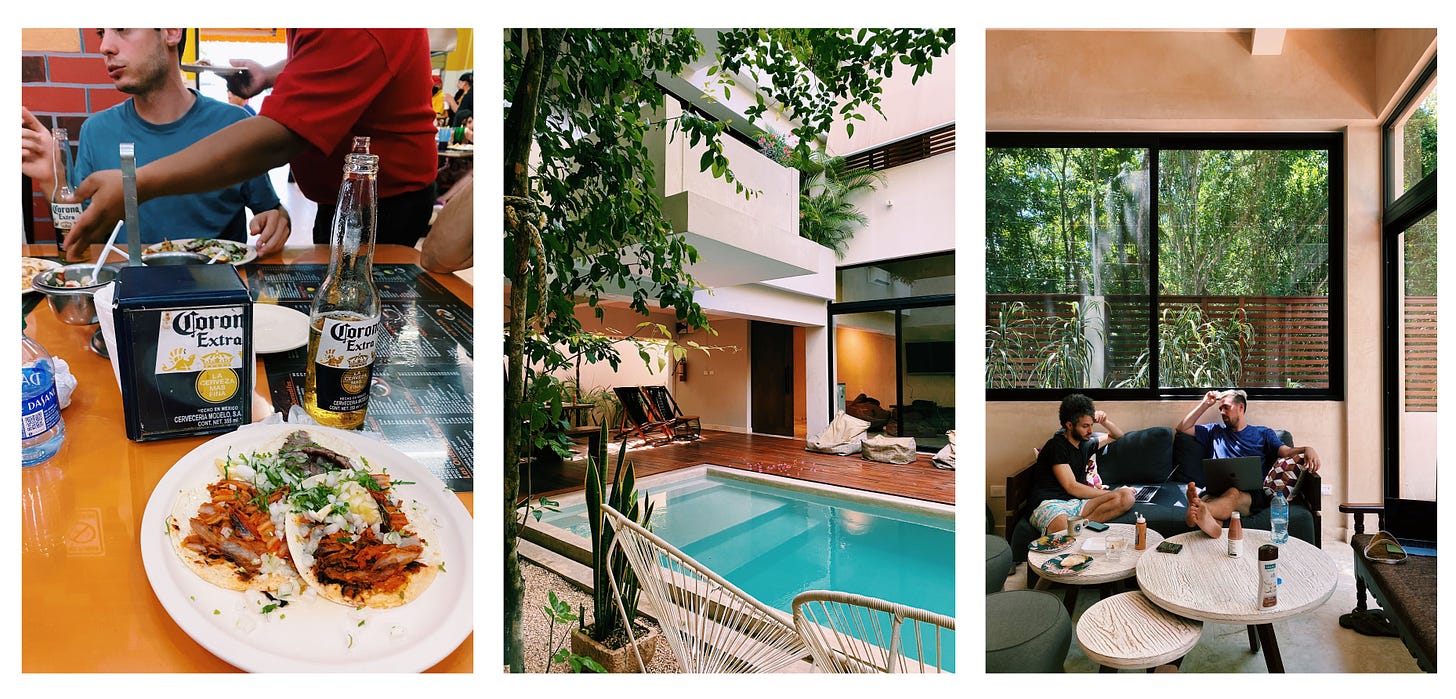


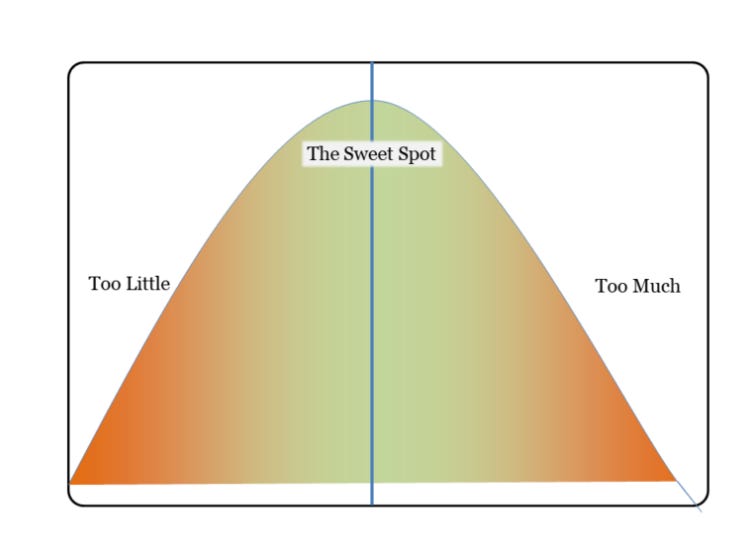
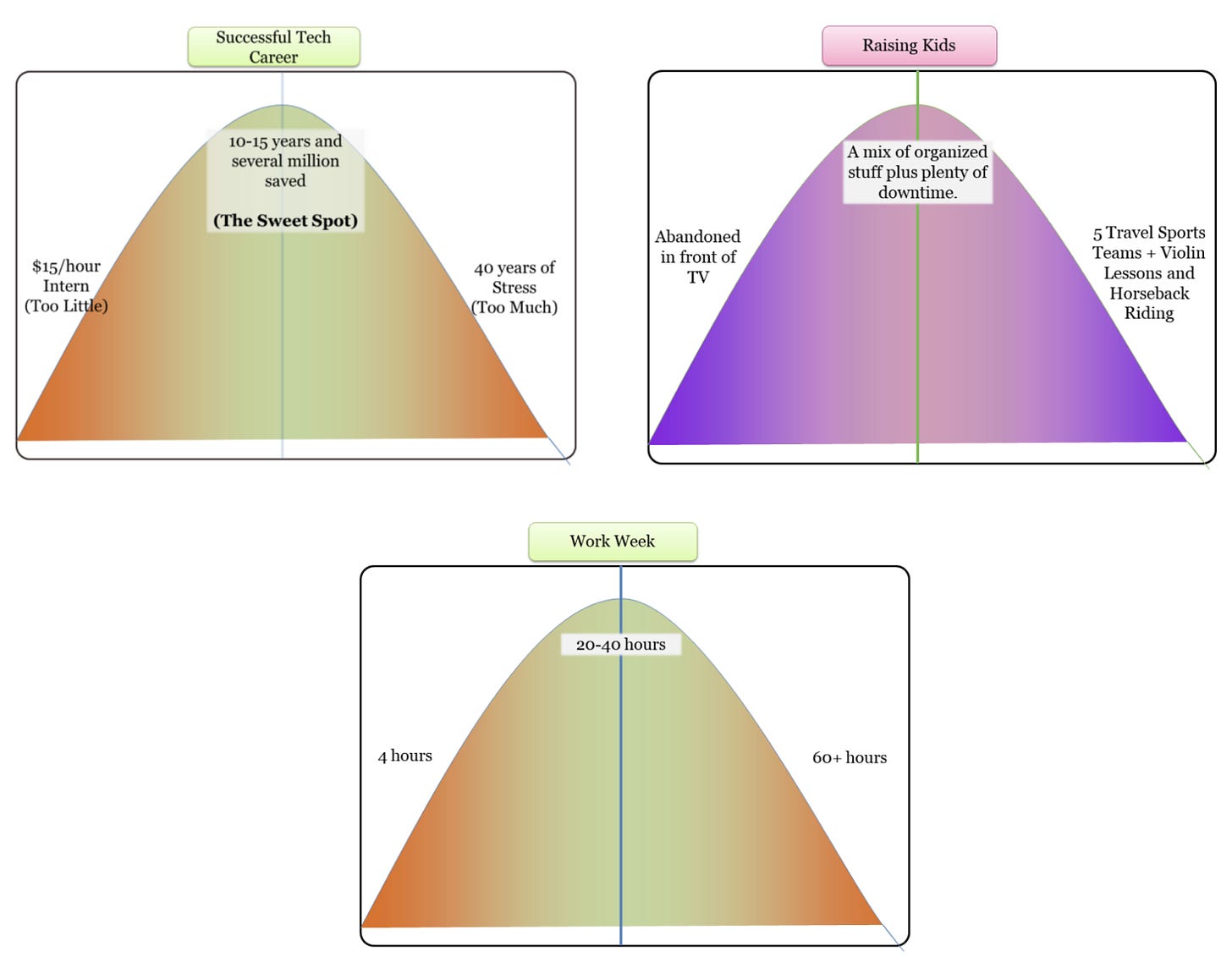
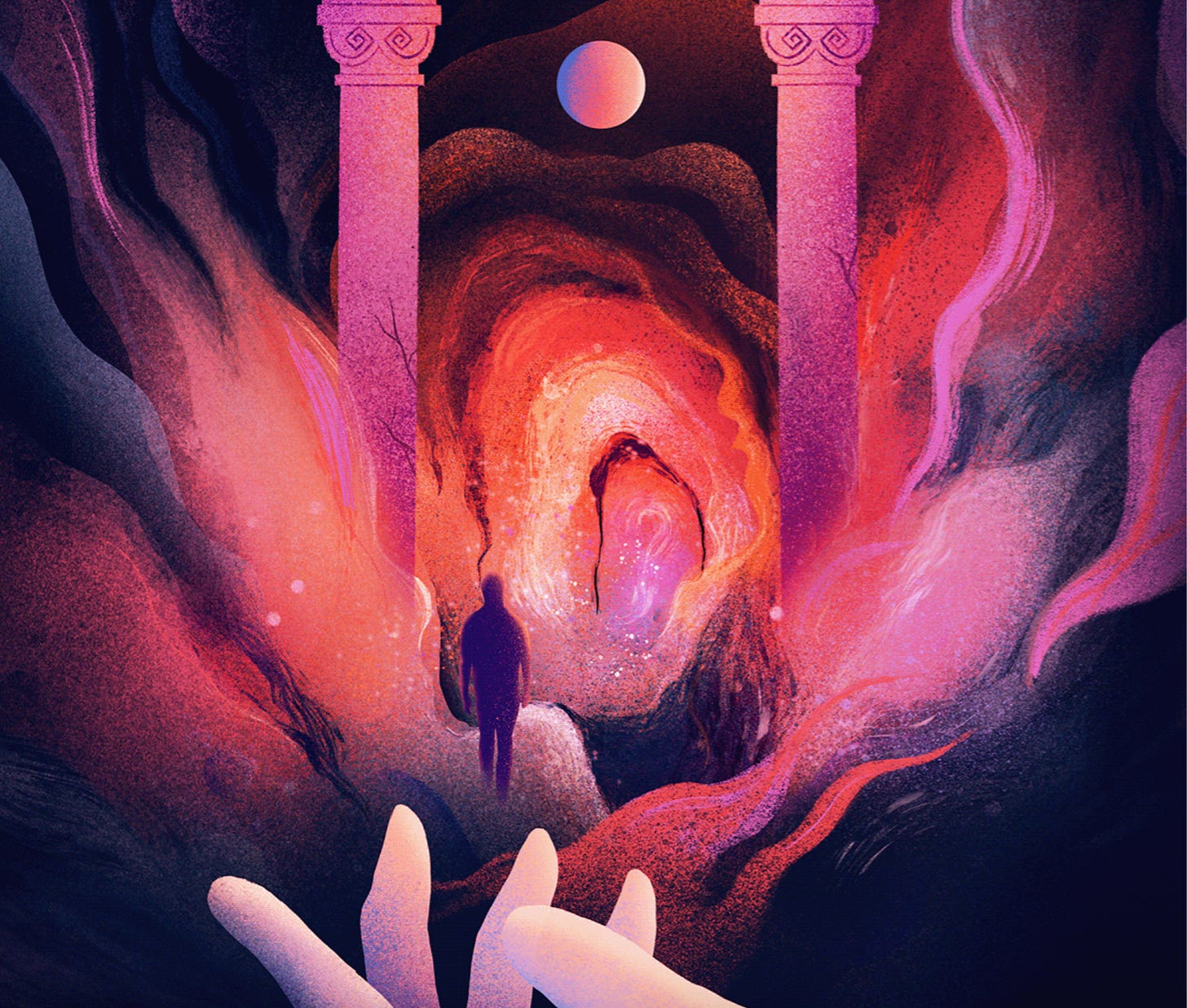
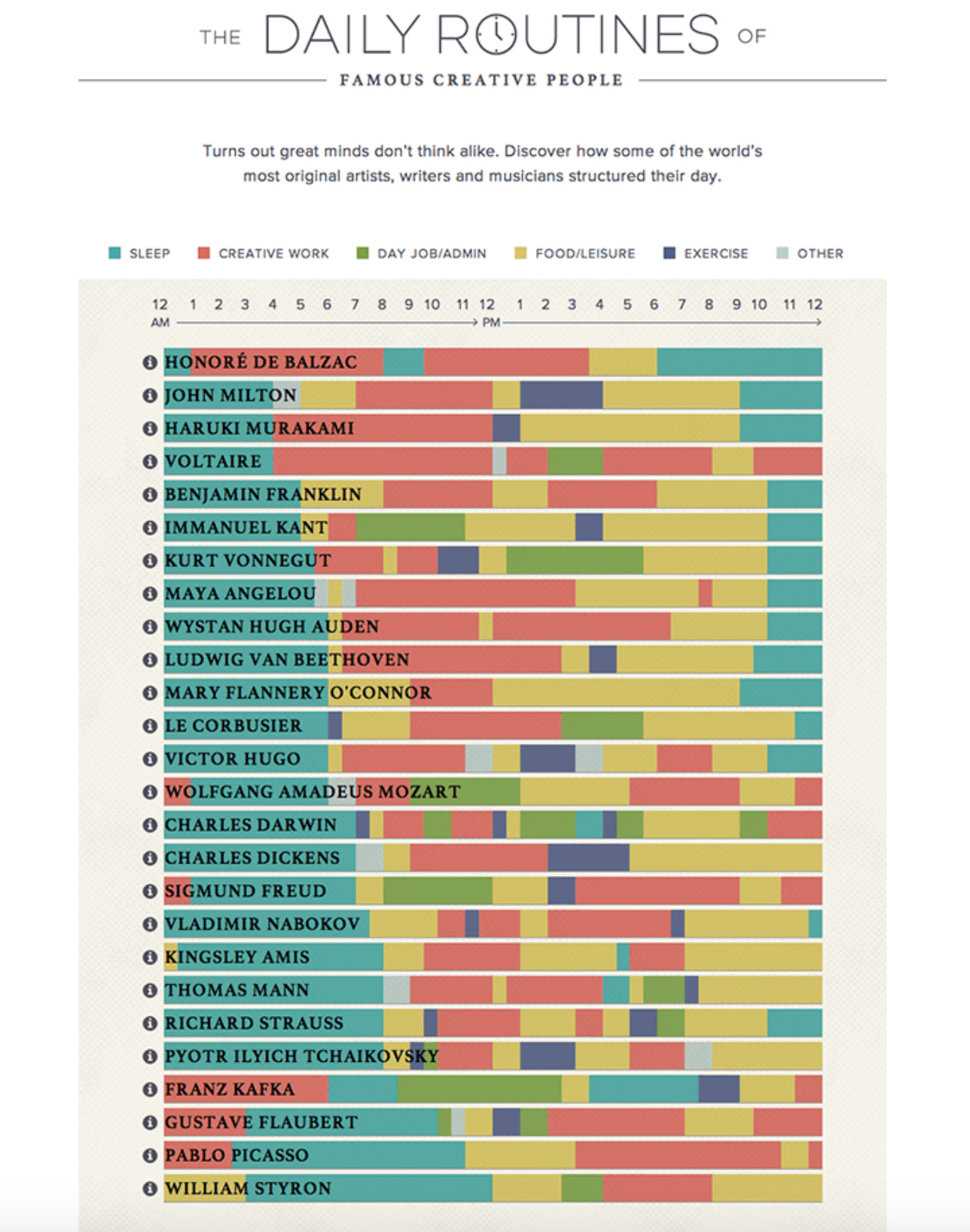
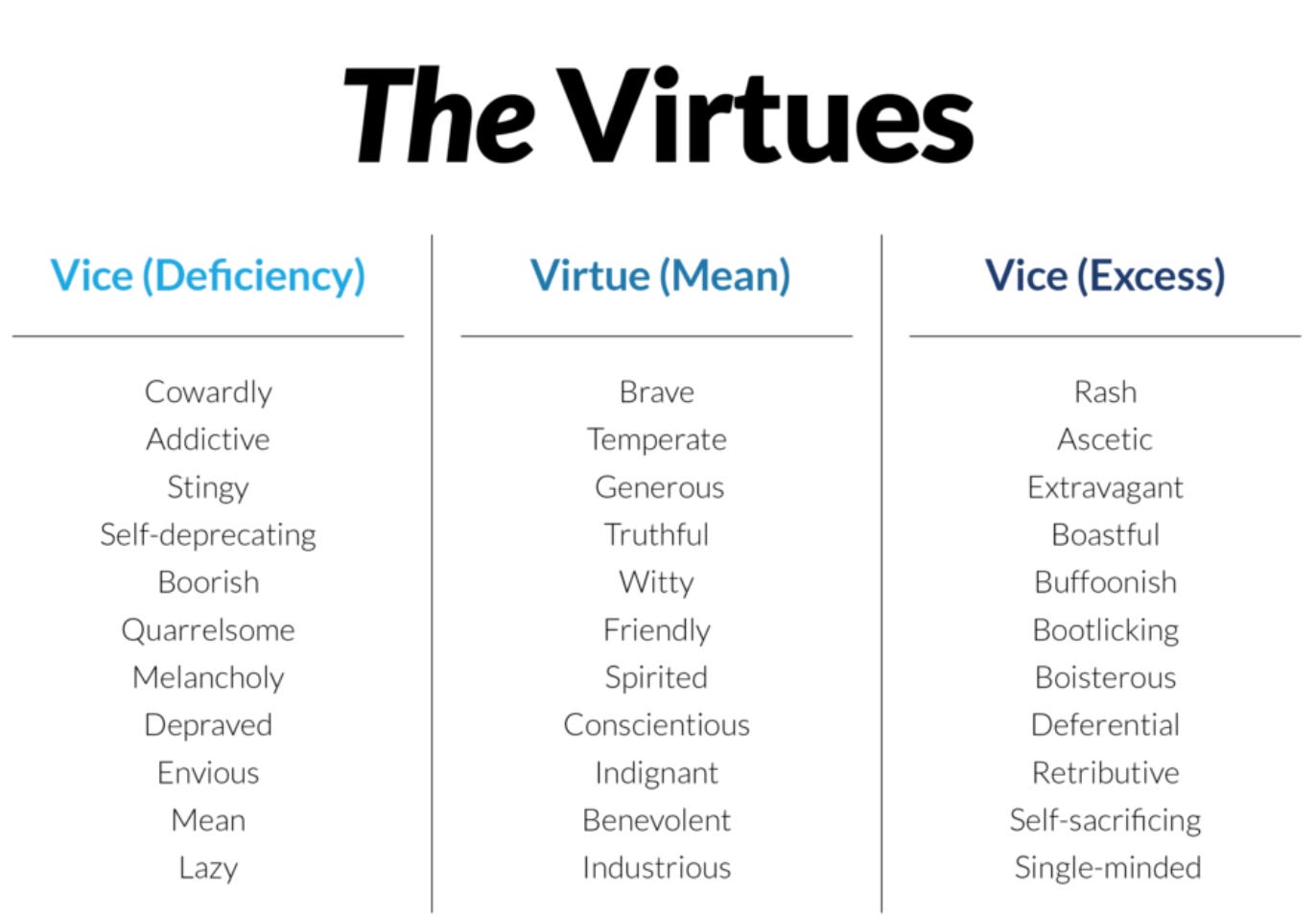
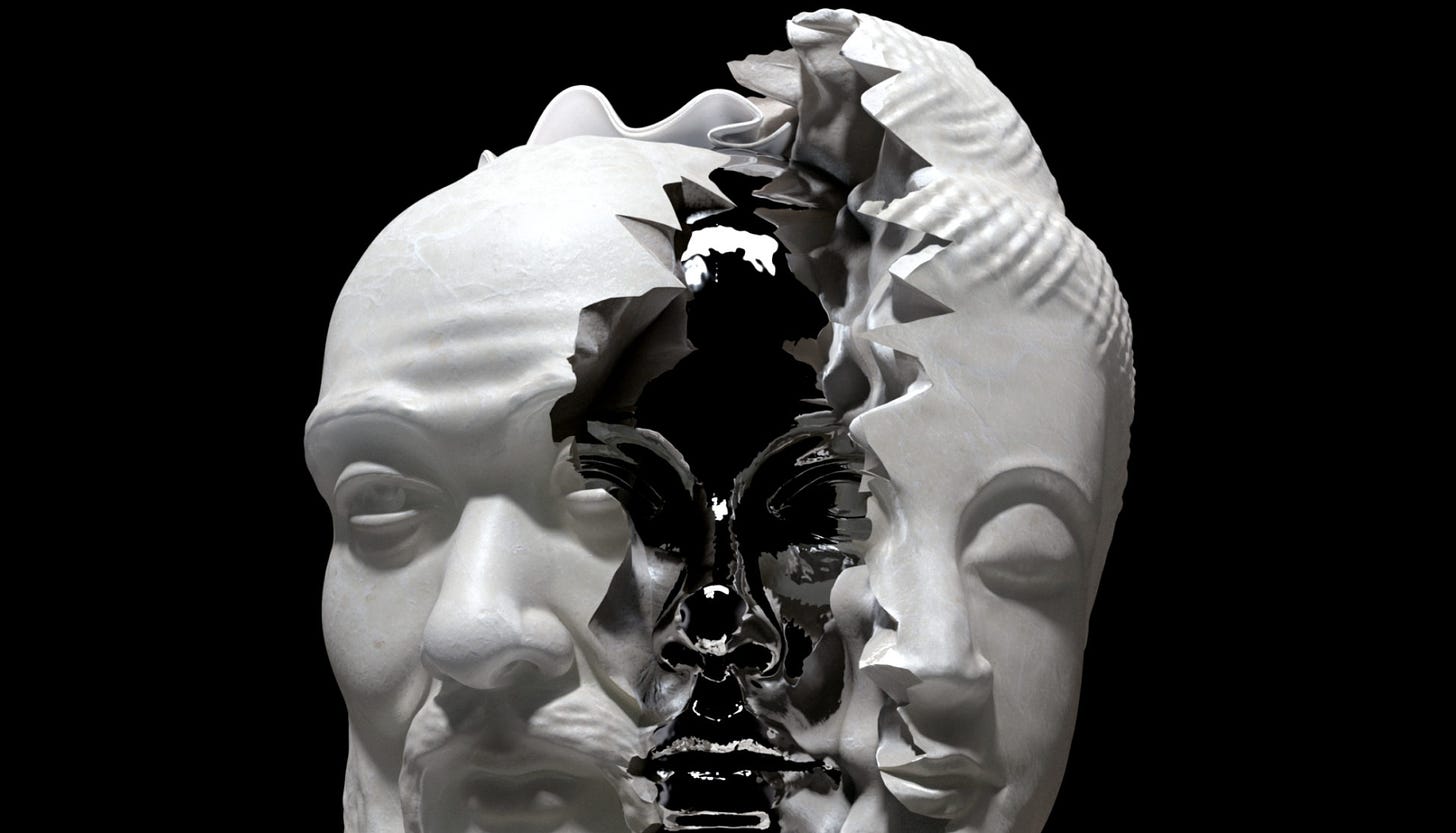
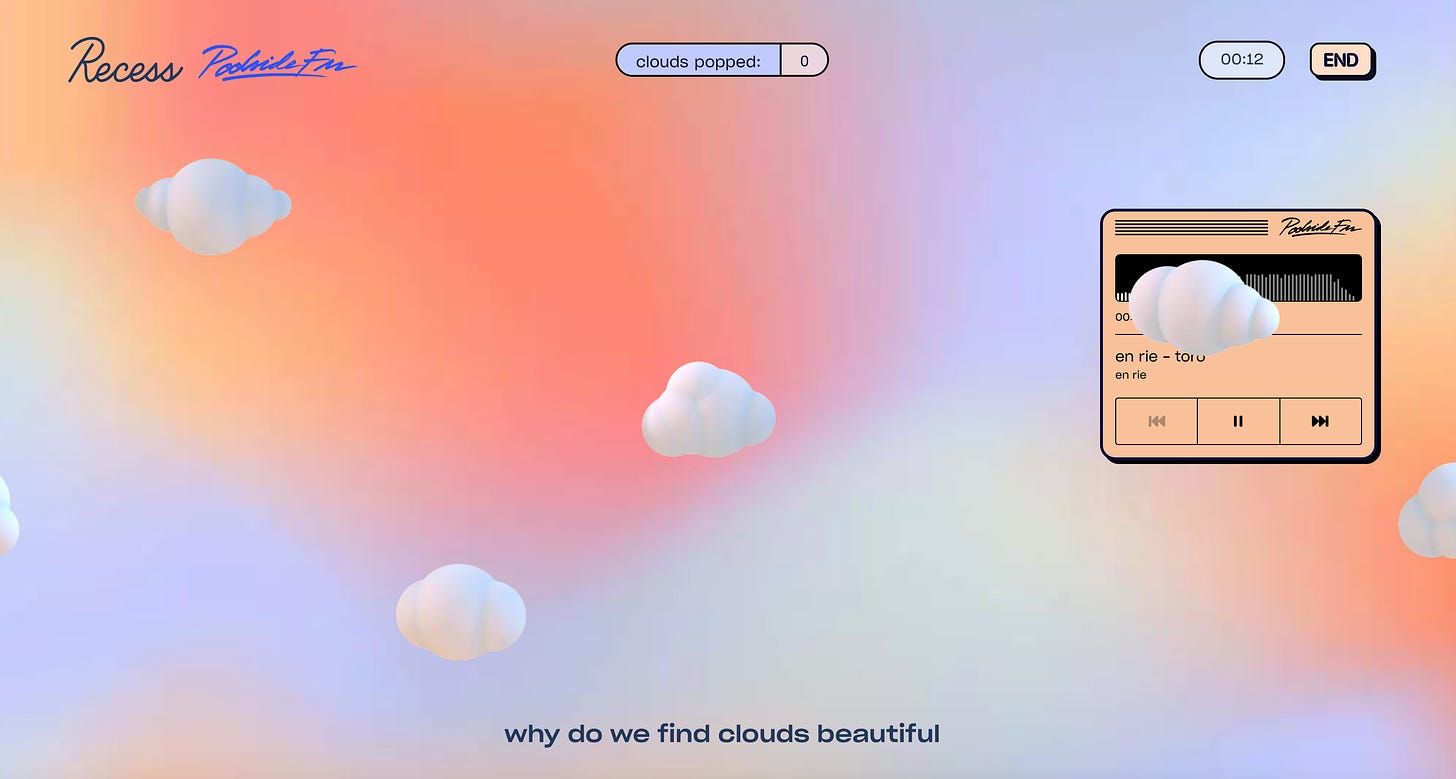

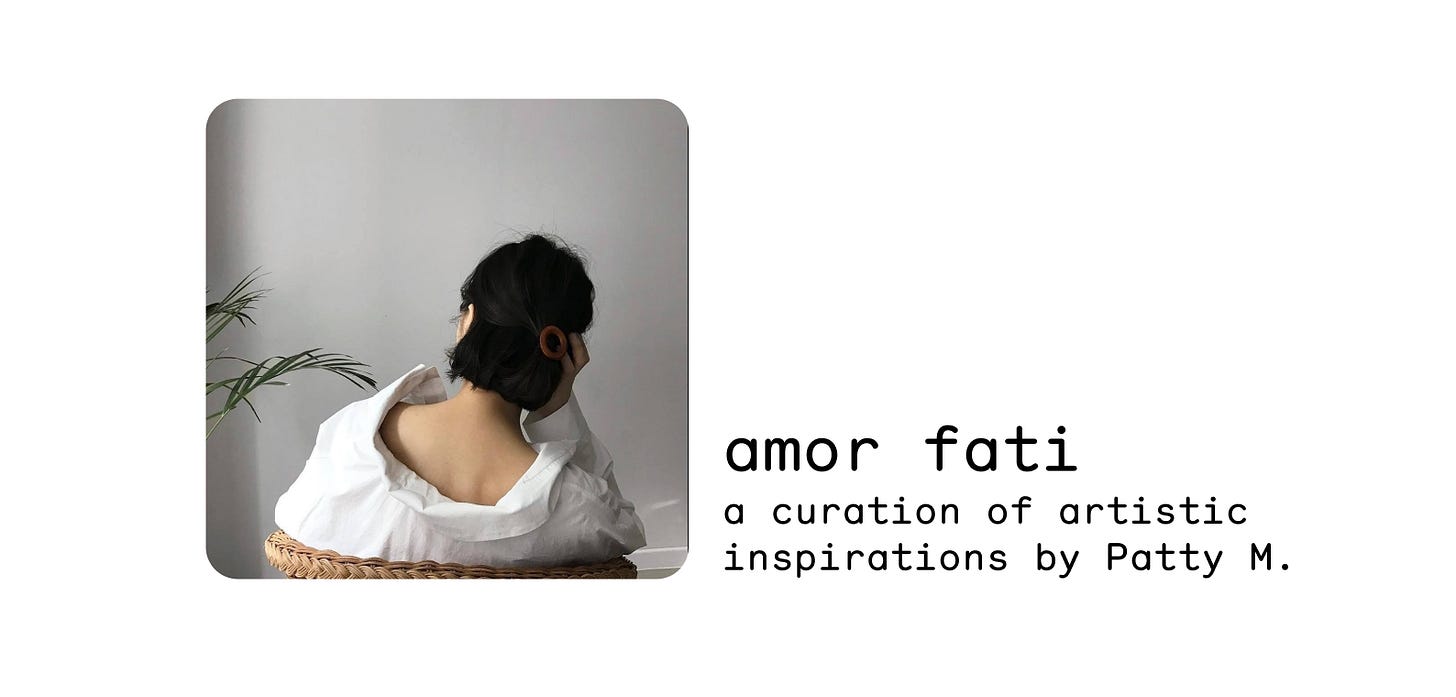
What course on Chinese philosophy are you taking?
Great stuff Patricia!